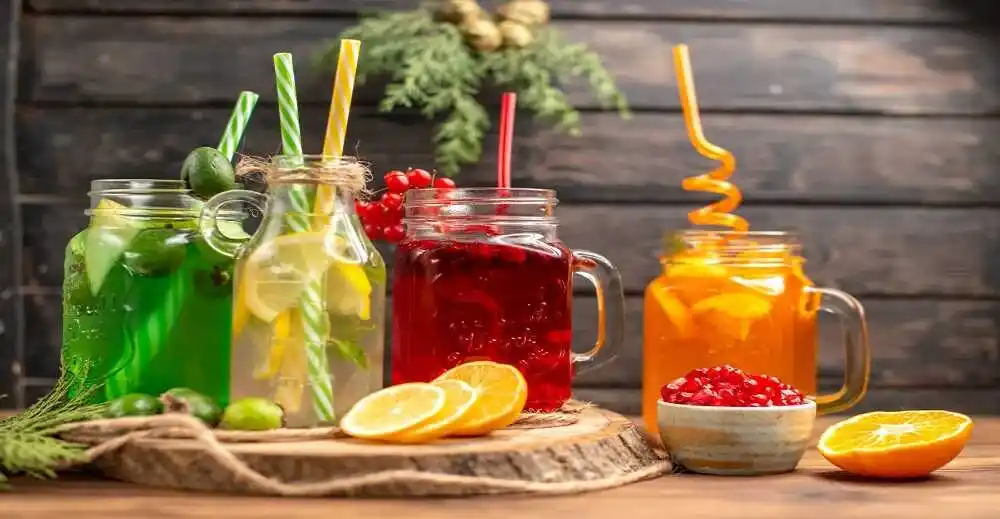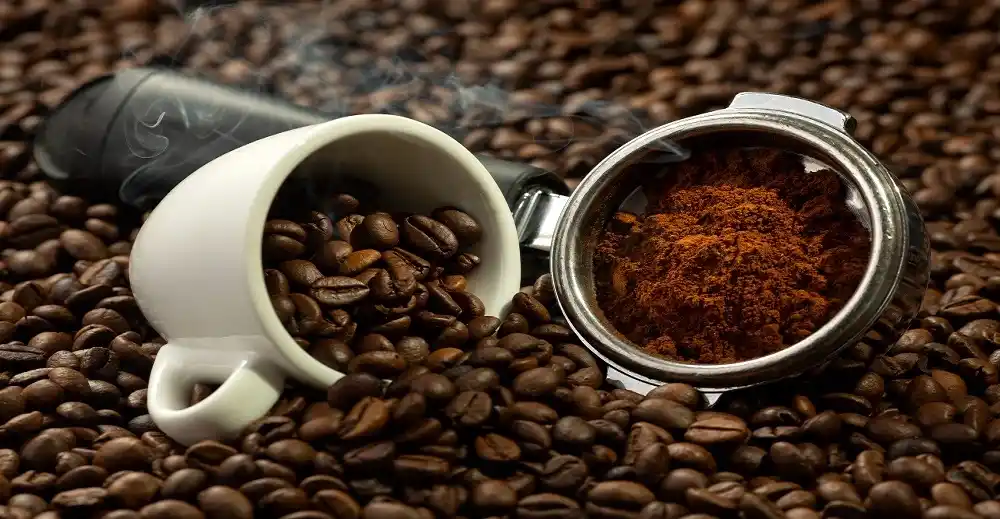Sustainability, Premiumization, and Convenience Are Key Determinants of the Current Beverage Market

With consumers becoming incrementally concerned with the plausible ramifications that have waste has on the environment there has been an increased inclination towards more eco-friendly packing offerings. The aspect of sustainability has become a now or never matter for the beverage industry and not something that can be ensconced in the 5-year agenda of the company. The aspect of sustainability has further gained credence particularly because of regulations that address the increase in single-use plastic use. Glass bottles, cardboard cartons, and aluminum cans were earlier replaced by polyethylene terephthalate (PET), and currently, there has been a renewed interest in the former. Thus, packing innovation is altering how consumers have been engaging with their go-to products.

Brand differentiation is at the forefront of any business strategy. Thus, coupled with the absence of a one-size-fits-all packaging option, manufacturers who are engaged in the packaging market are increasingly investing in the current profit margins, client demographics, and how it is consumed, and assessment of characteristics of the beverage, to find the right solution for their products. For instance, in November 2020, Smurfit Kappa (OTCMKTS: SMFTF) has teamed with one of the world’s leading manufacturers of filling and packaging systems for the beverage and liquid food industries known as KHS Group, to launch a sustainable TopClip multipack product for bundling canned beverages. The partnership has resulted in an end-to-end solution for beverage companies. While the aforesaid was from the purview of packaging manufacturer, in December 2020 it was reported that Coca-Cola European Partners was inclined to invest in Lavit which is a US-based company that has created a compact countertop system that has been innovated with the rationale to minimize packaging waste and carbon footprints.
This partnership with Lavit will advance the former's ambition to explore and test new dispensed delivery solutions, which act as a strategic route that would aid in extending consumers the choice (through customizable options for flavor and carbonation) and conveniences and the company the means of eliminating waste and minimize its carbon footprint. Developing products in line with the consumers’ desire for quality has emerged as the fundamental driver of the current global beverage market trend. As consumers around the world are trading up to premium brands and letting go of more traditional categories, they have embraced the proverbial less is more. This has led to niche categories that comprise a variety of beverages like craft beer, premium cocktails, and origin coffee. Consumers in both developed and developing economies are comfortable to shell out more for beverages that are made produced with high-quality sustainably sourced ingredients.
This leaves ample room for innovation within the premium beverage space. Craft beer is an example that has rapidly spread across every corner of the world. For instance, Indian Craft beer brand Bira 91 has reportedly secured investment from Japanese integrated beverages company Kirin Holdings (TYO: 2503) which was in the order of $30 million. This the Japanese beverage company’s first in India enabling it to acquire a stake in B9 Beverages which is Bira 91 parent company. Besides beer, the increase in interest has also resulted in craft mezcal, nonalcoholic mixers, and tequila around the world. Additionally, premiumization has been the main facilitator of M&A which decreases the sole reliance on in-house capabilities of product development. For instance, in February 2019 Anheuser-Busch has reportedly acquired Cutwater Spirits a US-based company that would enable Cutwater to join Anheuser-Busch’s Beyond Beer portfolio that comprises Spiked Seltzer, HiBall, and Babe Rose brands. This marks a shift in the company’s strategy which is predominantly known as the beer brand seeking growth in the spirit’s segment. Moreover, there has been a surge in the blurring of category lines as traditional beverages are being developed to create premium options.
For instance, in January 2021, a new player in the dynamic ready-to-drink (RTD) market has announced that its innovative sparkling tea has been developed using a trifecta of clean ingredients that comprise proprietary tea concentrate brewed from vitamin-rich citrus, sparkling water, and organic coffee fruit, would mad commercially available le in flavors like lemon, orange, and grapefruit over its website drinkhusky.com Earlier in February 2019 a multi-year partnership with beverage incubator LA Libations was announced by Molson Coors (NYSE: TAP ). This partnership comprises a substantial minority equity investment made by the latter into the beverage company based in California since it aims to strengthen its position in the non-alcoholic space.
New routes to the market providing consumers access to the market at their consumer is another trend that is governing the current food and beverage industry trend. With consumers’ inclination to alter their ways to purchase beverage companies are present with new avenues to place their product in a variety of channels to remain market relevant. This in part due to new players who are providing enhanced convenience as far as the purchasing experience is concerned. While off liquor shops and convenience stores have been the go-to source of alcoholic beverages there has been a rise in eCommerce platforms are becoming the preferred means of buying alcoholic beverages. For instance, Rémy Cointreau (EPA: RCO) recognizing the growing interest in at-home cocktail-making, a partnership was announced in October 2020 between the alcohol eCommerce platform operating in over 100 markets across Canada and the United States called Drizly and Rémy Cointreau Americas. Under this agreement, a new virtual cocktail studio would be made available which would include The Botanist Islay Dry Gin, Mount Gay Rum, and Cointreau, which are three of Rémy Cointreau’s home bar essential spirits.
Further, this is the first-to-market concept would be enlisting industry experts to educate cocktail connoisseurs and beginners alike on the basics of at-home cocktail making. Whereas last year the same month Amazon.com, Inc. (NASDAQ: AMZN) made a major investment in the spirits category with the launch of Tovess Gin (41.5% ABV) which is being marketed as premium dry gin that has been crafted. In line with highest standards of quality it has been made through a single batch distillation with the infusion of distilled lime and grapefruit peels.
Get in Touch
Interested in this topic? Contact our analysts for more details.
Latest Blogs

Solar Control Window Films Market expected to reach USD 1,224.951 million by 2030
RecentlyTop Companies Leading the Silicon-Based Capacitor Revolution
Recently
The Role of Chemical Blowing Agents in Sustainable Foaming Solutions
Recently
Top 10 Emerging Beverages Set to Dominate the Market in the Coming Years
Recently